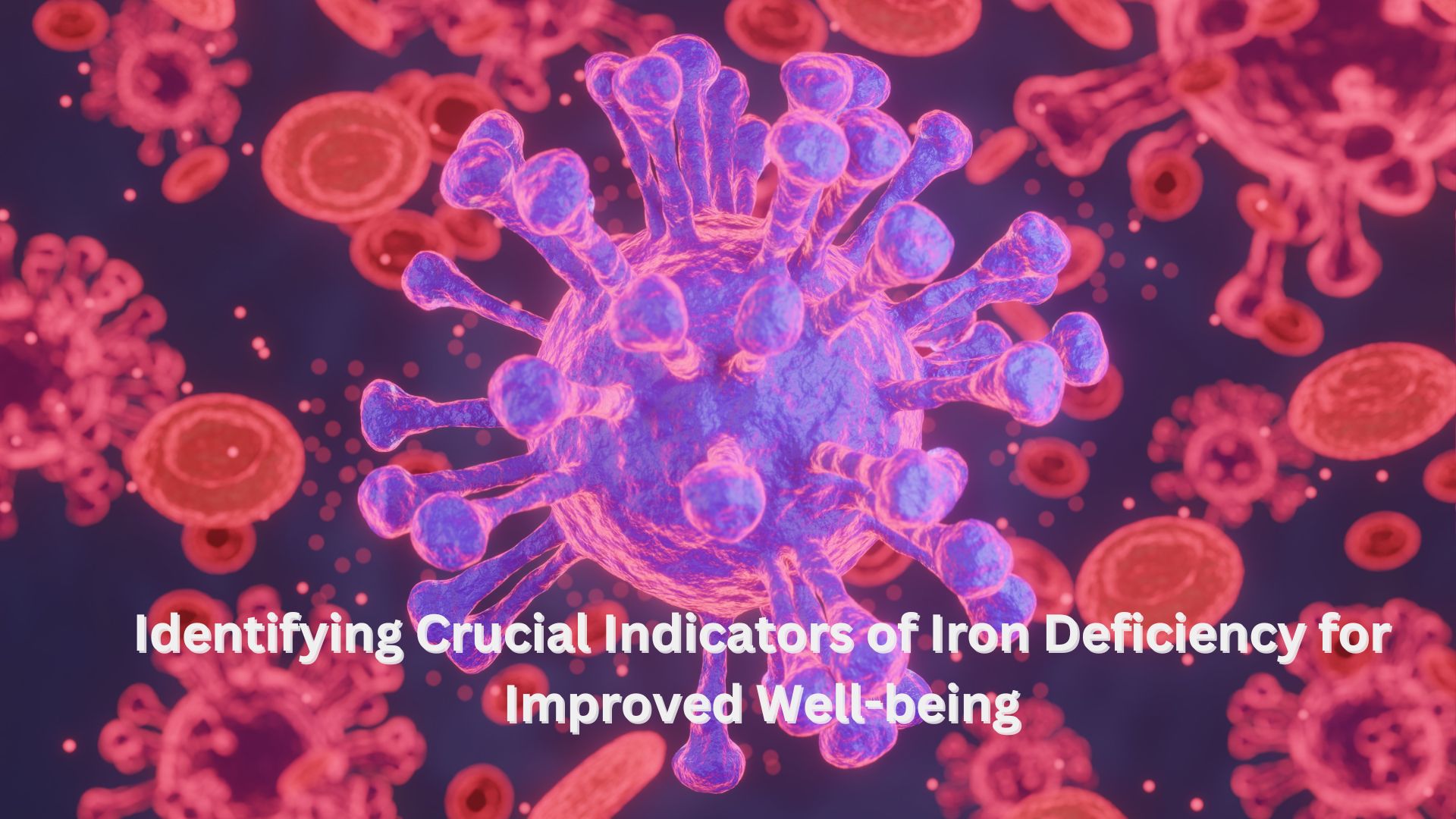
Have you ever experienced fatigue after completing a simple task or felt chills in favorable weather? Iron deficiency anemia is a prevalent condition that can affect anyone, potentially disrupting the proper functioning of your body if left unaddressed. Iron is essential for producing hemoglobin, a critical protein that enables red blood cells to transport oxygen throughout the body. In this article, we’ve compiled a list of commonly overlooked symptoms of iron deficiency.
- Hair Loss: Hair loss is often attributed to factors such as extreme stress, an unhealthy lifestyle, poor dietary habits, or chronic diseases. However, a more straightforward cause may be iron deficiency. Iron is vital for maintaining a healthy scalp and promoting strong, lustrous hair. If your hair feels dull and brittle, it might be time to consider increasing your iron intake through supplements.
- Unusual Fatigue: A significant symptom of iron deficiency is unusual tiredness and fatigue. Insufficient oxygen can easily tire your body as the heart works harder to regulate oxygen flow. To combat this, adopt a healthy lifestyle and include iron-rich foods in your diet, such as legumes, lean meat, eggs, fruits, green veggies, and vitamin C-rich foods. If unusual tiredness is accompanied by nausea, shortness of breath, mouth ulcers, or brittle nails, consult your healthcare provider promptly.
- Pale Skin: Another noticeable symptom of iron deficiency is the paleness of the whites of your eyes and your skin. Hemoglobin imparts a dark red color to blood, so lower hemoglobin production results in paler skin. If your eyelids, tongue, or the underskin of your nails appear pale, it’s advisable to undergo an iron deficiency test.
- Headache: Reduced blood flow due to iron deficiency can result in less oxygen reaching your brain, potentially leading to frequent headaches. If persistent headaches occur daily, seeking medical attention is recommended.
- Quick Heart Pulsation: Lower hemoglobin levels require your heart to work harder to supply oxygen to your body, resulting in a constant throbbing sensation in your heartbeat. A lower amount of iron hampers the transportation of oxygen from the lungs, causing quick heartbeats and shortness of breath.
Optimal Beverage Choices for Blood Sugar Control | Effective Diabetes Management
Iron deficiency can be managed through healthy eating habits or by meeting daily requirements with supplements. Taking the initiative to get checked is crucial, as prolonged iron deficiency could contribute to chronic diseases and coronary heart problems in the long run.

One thought on “Identifying Crucial Indicators of Iron Deficiency for Improved Well-being”